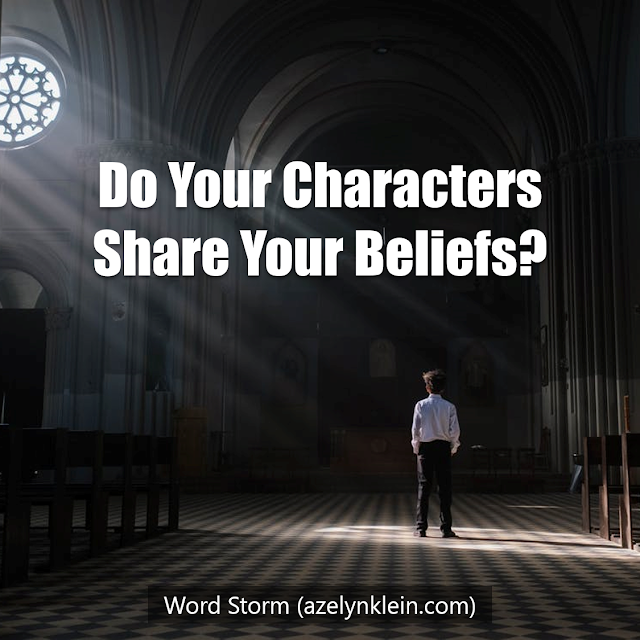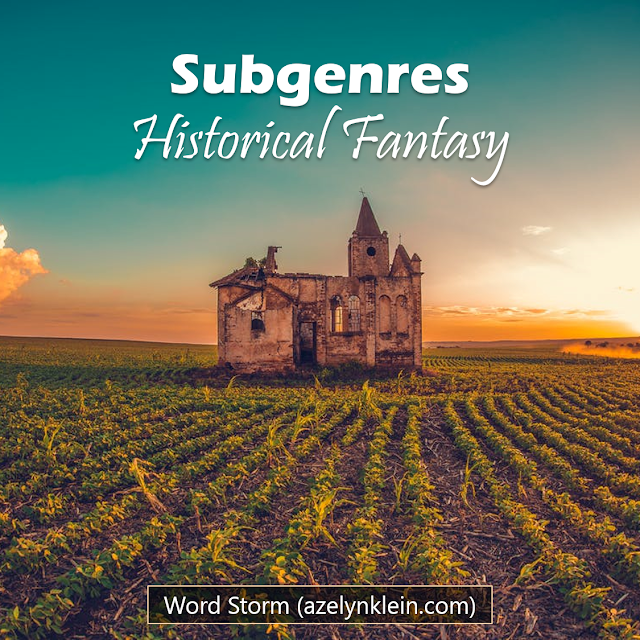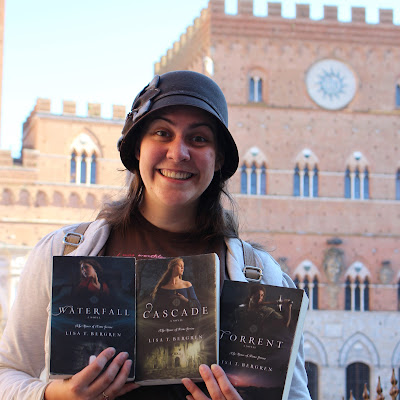I was chatting with one of my friends the other day, and she asked a question that got me thinking, “Do your characters share your beliefs?”
“Sometimes,” I said, “it depends on the story.”
There’s a whole debate out there as to whether or not entertaining
stories should have a message or not. Personally, I lean toward a message, but
not necessarily a forced one. I like to slide it in-between the theme so that
those really looking for it can find it. These themes usually show up halfway
into draft one and get fully fleshed out in drafts two and three. I don’t
usually pick a theme in advance but let one develop naturally in my story.
The same applies to the characters. I don’t necessarily set
out going, “Okay, this is what you believe. Go. Act.” I prefer to discover what
my characters believe as the story goes on, then I’ll delve into those beliefs
a little more throughout the drafts. This process allows me to come up with
something naturally. It feels more genuine that way. I don’t like stories that try to shove a message
down a reader’s throat.
Here are a couple of examples of my protagonists with different
beliefs.

Adult Sci-Fi: Edge of the Solar System
Cory, the protagonist of this story, is a
fresh-out-of-college graduate who’s starting a new job. I’ve been there, done
that not too long ago. But that’s about where the similarities end. She comes
from a different background than I do, and her personal goals are purely
career-driven.
She first sets foot in a religious building during the
narrative itself. Some of her coworkers are Christian, and some are atheist.
Cory herself is searching, still figuring out what she believes.
YA Contemporary Fantasy: Water Sprite
Astor is just starting high school, and she is being raised
in a Christian military family. I drew a lot from personal experience in this
particular story, but as a result, I worked hard to make her different from me
in other ways.
Personally, I don’t like it when a writer inserts themselves
into a story. Then, all they have to do is ask “What would I do?” in regards to
certain situations, which is kind of boring. It’s much more challenging to ask,
“What would this character do?” Besides, another danger of self-inserting is
wish fulfillment, where everything magically works out in the end for that character.
As a reader, I find this trope terribly annoying and unrealistic.
So yes, Astor and I share similar background and beliefs but
our approaches to certain situations are different.
More…
In my latest story (where I just finished the rough draft!) my
main character is also raised in a Christian household, but there’s still plenty
that’s different about her life.
As for my next project, who knows? My characters often
surprise me. I like to write with themes and a purpose, but starting out, I
just want to tell a story. Everything else develops as it goes along.
Let’s chat! Writers, what about you? Do your characters share your beliefs? What’s your writing process for developing them?
***
Similar posts: Campfire Writing, Finding the Best Writing Method, and Writing Update: To Sequel or Not to Sequel?



